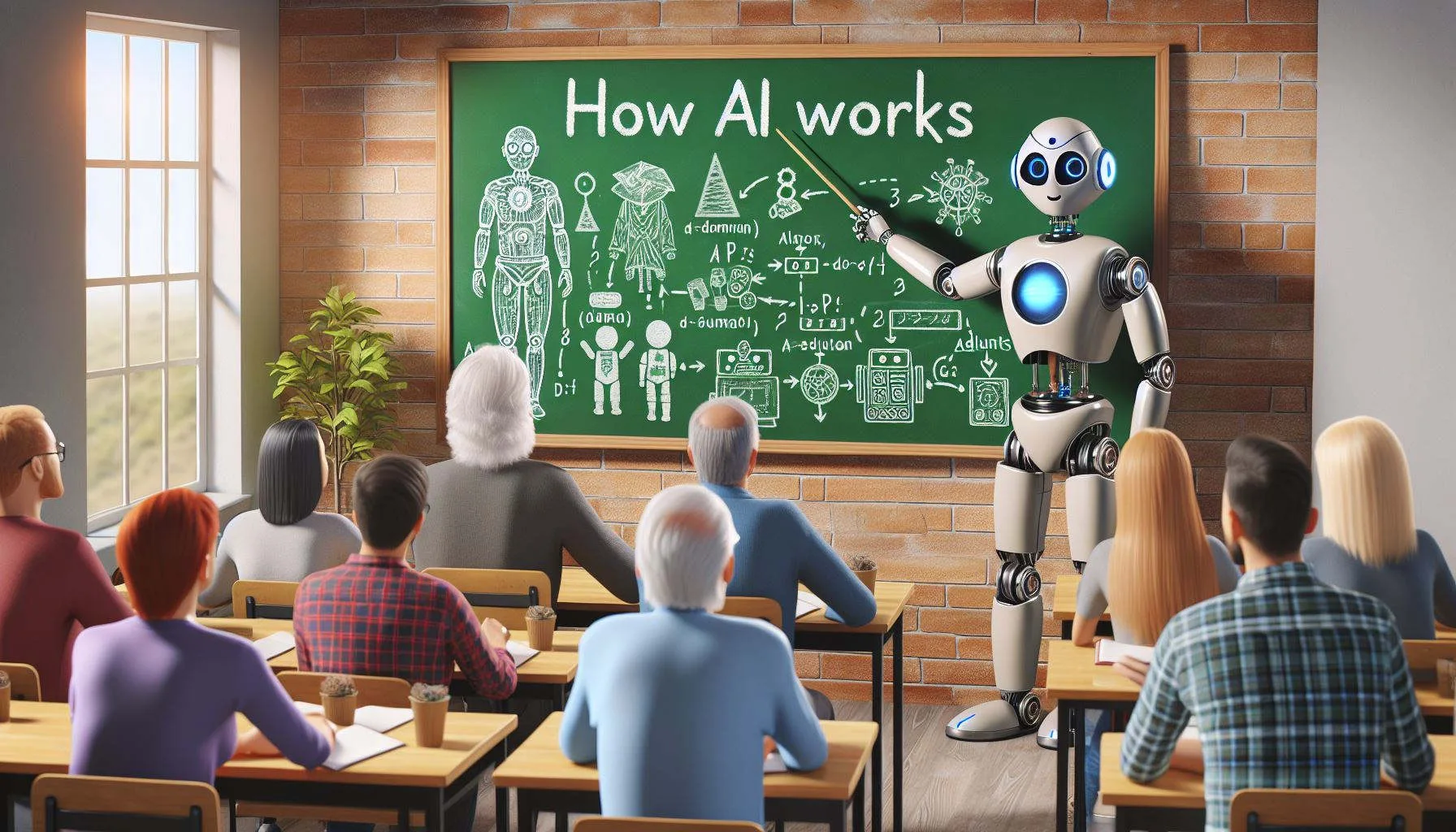
Cisco-led consortium wants to help you retrain after AI takes your job
Worried about AI taking your job? It seems you’re not alone: a group of tech’s biggest names have announced a collaboration aimed at preparing IT workers for the seismic shift artificial intelligence will bring to the workplace.
Led by Cisco, the AI-Enabled Information and Communication Technology Workforce Consortium was set up earlier this month, with members including Accenture, Google, IBM, Intel, Microsoft and SAP.
The consortium will look at how workers need to be retrained for more AI-centric jobs, and offer advice for both employers and employees accordingly.
Cisco and friends will kick off their work with a report exploring how a number of the most common IT roles will be hit by AI. This will evaluate the 56 job roles that currently account for over ten million workers across the US and Europe’s five biggest markets. The report will include “training recommendations” for each of the jobs listed.
The consortium’s members also used the launch to restate their own individual efforts to offer training to those whose jobs will be impacted by AI in future. IBM said it will provide two million people with AI “skills” before the end of the decade, while Google will deliver €25m of funding for AI-focused training in Europe.
It’s perhaps unsurprising given its membership that the consortium is concentrating on reskilling as a solution to AI’s reshaping of the jobs market.
Accenture’s Future of Jobs report
Consultants Accenture released a report last year predicting 40% of working hours will be impacted by artificial intelligence, but added this should ultimately be good news for companies and workers as a significant chunk of that time will be made more productive through the use of AI.
Accenture and others have also talked up how the current AI boom will also lead to new types of jobs being created. For example, the World Economic Forum (WEF) predicted last year that there would be a 40% rise in demand for AI and machine learning specialists by 2027.
For other job roles, however, the growth in artificial intelligence will be less of a bonus. The WEF predicts clerical jobs in banks, postal services and data entry will be among those most negatively affected by the spread of AI.
Meanwhile, generative AI could bring “significant disruption” to the labour market in both the US and Europe. Research by Goldman Sachs suggests up to 300 million full-time jobs could be lost due to AI-driven automation.
Worth a read
- What is AMD Threadripper?
- Brian Kershon, Director of Customer Service at Zenni: “I see AI as a tool that will enable us to provide more personalised and meaningful support to our customers”
- Sage study finds HR professionals believe AI can help ease workload
NEXT UP

Kees Wolters, Chief Product Officer and Founder at Mopinion: “To fuel your creativity, you need a solid foundation in design principles”
We interview Kees Wolters, Chief Product Officer & Founder at Mopinion a user feedback software for websites, mobile apps and email campaigns

Cisco ramps up partner training with $80m investment
Cisco announced at its 2024 partner summit an investment of US$80 million to help partners upskill their workforce through Cisco U

Whisper it, but genuinely useful local AI has already arrived on laptops
Local AI is coming to laptops, but can it actually perform tasks that will save you time? We allow HP’s new OmniBook Pro to take us out to lunch to find out

